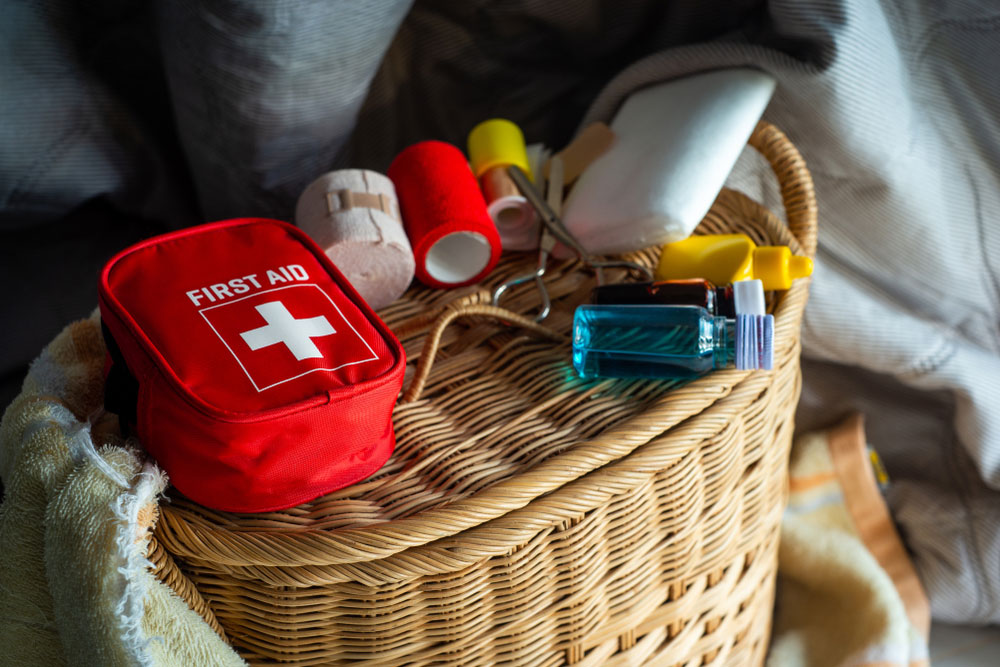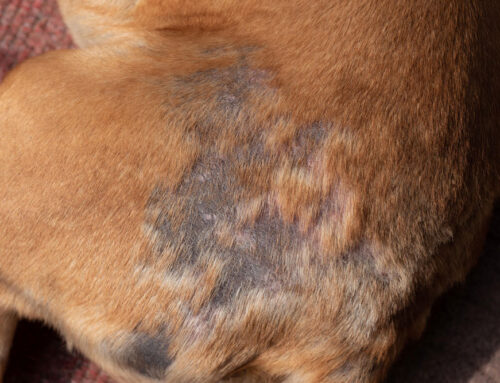Travel and Your Pet: What You Need to Watch For
New environments often bring hidden hazards. Shared water bowls at a rest stop, exposure to local wildlife, or boarding with other pets can lead to illnesses such as kennel cough, parasites, or even region-specific viruses. Preventive protection and quick diagnostics are key to stopping small problems from becoming major setbacks.
At Twin Maples Veterinary Hospital in Dayton, OH, advanced in-house tools and a seven-day-a-week schedule help pets stay safe and healthy no matter where their travels take them.
Why Does Travel Pose Such Significant Risks to Pets?
Travel disrupts your pet’s routine and exposes them to pathogens they’ve never encountered before. Unlike humans who can research destination health risks and take precautions, pets rely entirely on their owners to protect them from these invisible threats.
When pets leave their familiar environment, their immune systems face challenges from new bacteria, viruses, and parasites that may be common in other regions but foreign to their bodies. Stress from travel can also temporarily weaken immune function, making pets more susceptible to illness. The combination of exposure and vulnerability creates a perfect storm for health problems.
Prevention remains your strongest defense. Understanding common travel-related diseases and implementing protective measures before departure can mean the difference between a memorable vacation and an emergency veterinary visit in an unfamiliar city.
Common Travel-Related Diseases in Pets, and How to Prevent Them
Kennel Cough and Respiratory Infections
What is it?
Kennel cough spreads rapidly wherever dogs congregate. Boarding facilities, dog parks, rest stops, and even hotel lobbies can harbor the bacteria and viruses responsible for this highly contagious respiratory infection.
What should you watch for?
The hallmark symptom is a persistent, dry cough that sounds like your dog has something stuck in their throat. You might also notice sneezing, nasal discharge, or reduced appetite. While kennel cough often resolves on its own, complications can develop, especially in young puppies or older dogs.
Vaccination provides the most reliable protection, so, keeping vaccinations current, particularly the Bordetella vaccine that specifically targets kennel cough, is important.
Schedule your veterinary wellness care appointment well before travel to ensure your pet’s immunity is at full strength.
Parasites: Fleas, Ticks, and Heartworms
What is it?
Dayton’s warm, humid summers create ideal conditions for parasites, and travel can expose your pet to even more aggressive populations in different climates. Heartworm disease poses a particularly serious threat, with Ohio showing significant prevalence on the canine heartworm map.
How can you protect your pet?
Year-round preventive medications offer the most comprehensive protection against heartworms, fleas, and ticks. These treatments work by eliminating parasites before they can establish infections or transmit diseases.
Regular parasite screening at vet practices allows for early detection and treatment if exposure occurs despite preventive measures.
Don’t wait until you see parasites to take action. Many dangerous parasites, including heartworms, remain invisible during their early stages while causing significant internal damage.
Leptospirosis and Other Waterborne Diseases
What is it?
Standing water, puddles, and communal water sources present serious risks for waterborne diseases. Leptospirosis in pets is a bacterial infection that thrives in contaminated water and moist soil and can also infect humans.
What makes leptospirosis so dangerous?
The bacteria can survive in water for months, and infected wildlife can contaminate water sources without any visible signs. Pets typically contract the disease by drinking contaminated water or walking through infected areas where the bacteria can enter through small cuts or mucous membranes.
Vaccination against leptospirosis provides excellent protection, and recognizing early symptoms like lethargy, vomiting, or changes in urination can lead to prompt treatment.
Pet Travel Preparations and Best Practices
Pre-Travel Vet Visits
A comprehensive health check before travel serves as your pet’s insurance policy against vacation disasters. Your veterinarian can identify potential health issues that travel might exacerbate and ensure all preventive treatments are current.
What should a pre-travel exam include?
Beyond basic vaccinations, your veterinarian will assess your pet’s overall health, review parasite prevention protocols, and discuss destination-specific risks. This visit also provides an opportunity to obtain health certificates if required for your destination and refill any medications your pet might need. Schedule your appointment at least two weeks before departure to allow time for any necessary treatments to take effect.
Travel Safety and Stress Reduction for Pets
Stress can weaken your pet’s immune system, making them more vulnerable to illness during travel. Preparing in advance with calming techniques can go a long way in helping your pet stay relaxed and healthy on the road.
How can you minimize travel stress for pets?
Familiar items like favorite toys or blankets provide comfort in new environments. Maintaining feeding schedules and exercise routines as much as possible helps pets feel secure. For anxious pets, discuss anti-anxiety medications with your veterinarian before departure.
Regulations and Requirements for Pets
Travel requirements can differ widely depending on your destination. Before your trip, research the necessary documentation, vaccination rules, and any quarantine protocols to ensure your pet meets all entry requirements for departure and return.
Why do these regulations matter?
Beyond legal compliance, these requirements often reflect genuine health risks in different regions. Understanding and following regulations protects not only your pet but also the animal populations in your destination.
Handling Emergencies on the Road
Certain symptoms require immediate attention, especially when you’re far from your regular veterinarian. Difficulty breathing, persistent vomiting, extreme lethargy, or sudden changes in behavior should never be ignored. Seeking prompt veterinary care can prevent a quickly progressing illness from becoming life-threatening.
Basic first aid knowledge can stabilize your pet until you can get them professional help. Cat and dog first aid classes teach essential skills every pet owner should know. However, first aid never replaces professional veterinary care.

Being prepared for unexpected situations includes keeping a list of emergency veterinary contacts easily accessible during your trip. Having this information on hand ensures you can act quickly if your pet needs urgent care.
Wildlife and Environmental Hazards
Wildlife encounters can pose serious risks, as many wild animals carry diseases that domestic pets aren’t protected against. Even brief or seemingly harmless interactions may lead to injury or illness, making it important to take precautions and avoid contact whenever possible.
Keeping pets leashed and under close supervision in areas where wildlife is present is important. Never allow pets to investigate animal droppings, carcasses, or areas where wild animals frequent.
New environments often contain plants and substances that are safe for local wildlife but toxic to domestic pets. Toxic and non-toxic plant lists can help identify dangerous vegetation in your travel destination.
If you’re traveling near lakes, ponds, or other natural water sources, be alert for signs of blue-green algae. These toxic blooms can appear as scum, streaks, or discolored water and may cause severe illness, or even death, within hours of exposure. Knowing how to recognize and avoid them is essential for keeping your pet safe.
Protecting Your Pet’s Health During Every Adventure
Travel with pets requires preparation, vigilance, and access to quality veterinary care when problems arise. The key lies in preventing issues before they start through proper vaccinations, parasite prevention, and pre-travel health assessments.
Twin Maples Veterinary Hospital’s pet health services and seven-day-a-week availability ensure your pet receives expert care when they need it most. Call ahead at (937) 866-5949 to discuss symptoms and receive guidance on whether immediate care is necessary.









Leave A Comment